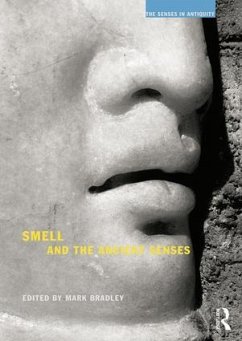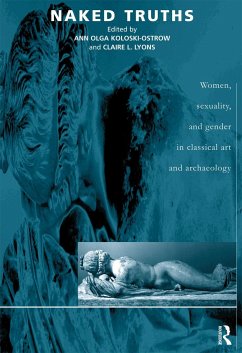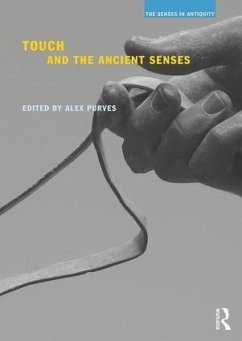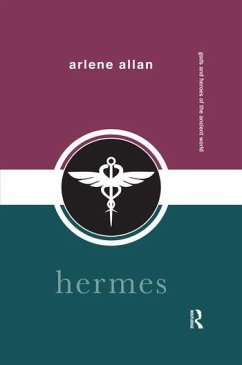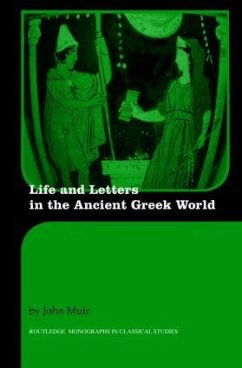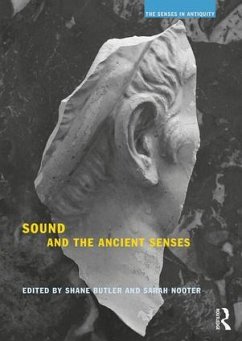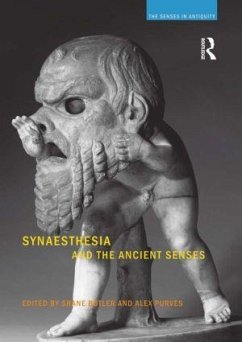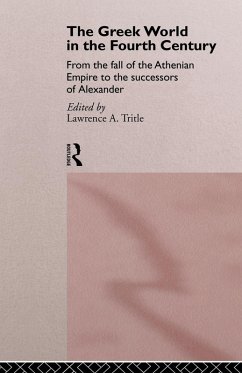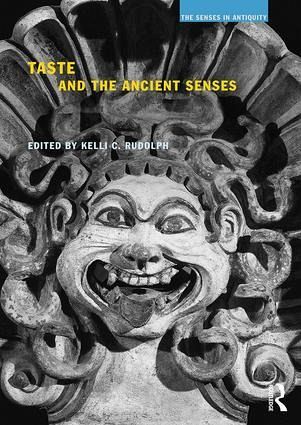
Taste and the Ancient Senses
Versandkostenfrei!
Versandfertig in 6-10 Tagen
31,99 €
inkl. MwSt.

PAYBACK Punkte
16 °P sammeln!
Olives, bread, meat and wine: it is deceptively easy to evoke ancient Greece and Rome through a few items of food and drink. But how were their tastes different from ours? How did they understand the sense of taste itself, in relation to their own bodies and to other modes of sensory experience? This volume, the first of its kind to explore the ancient sense of taste, draws on the literature, philosophy, history and archaeology of Greco-Roman antiquity to provide answers to these central questions.By surveying and probing the literary and material remains from the Archaic period to late antiqu...
Olives, bread, meat and wine: it is deceptively easy to evoke ancient Greece and Rome through a few items of food and drink. But how were their tastes different from ours? How did they understand the sense of taste itself, in relation to their own bodies and to other modes of sensory experience? This volume, the first of its kind to explore the ancient sense of taste, draws on the literature, philosophy, history and archaeology of Greco-Roman antiquity to provide answers to these central questions.
By surveying and probing the literary and material remains from the Archaic period to late antiquity, contributors investigate the cultural and intellectual development towards attitudes and theories about taste. These specially commissioned chapters also open a window onto ancient thinking about perception and the body. Importantly, these authors go beyond exploring the functional significance of taste to uncover its value and meaning in the actions, thoughts and words of the Greeks and Romans. Taste and the Ancient Senses presents a full range of interpretative approaches to the gustatory sense, and provides an indispensable resource for students and scholars of classical antiquity and sensory studies.
By surveying and probing the literary and material remains from the Archaic period to late antiquity, contributors investigate the cultural and intellectual development towards attitudes and theories about taste. These specially commissioned chapters also open a window onto ancient thinking about perception and the body. Importantly, these authors go beyond exploring the functional significance of taste to uncover its value and meaning in the actions, thoughts and words of the Greeks and Romans. Taste and the Ancient Senses presents a full range of interpretative approaches to the gustatory sense, and provides an indispensable resource for students and scholars of classical antiquity and sensory studies.



